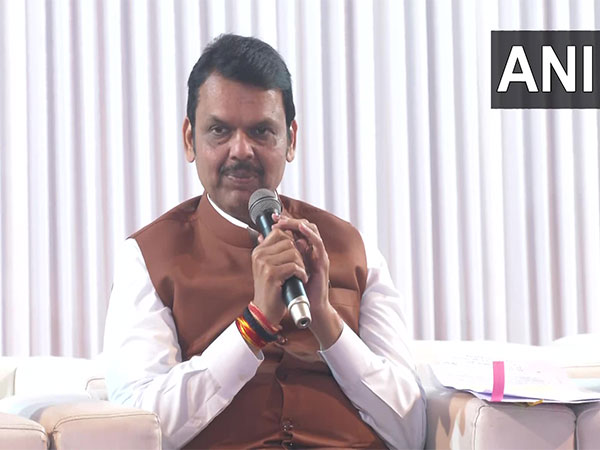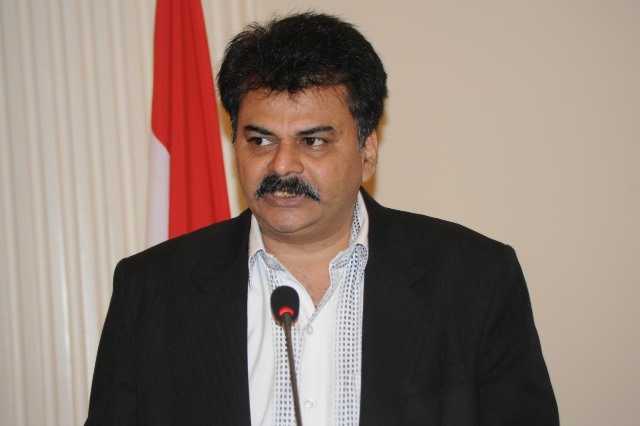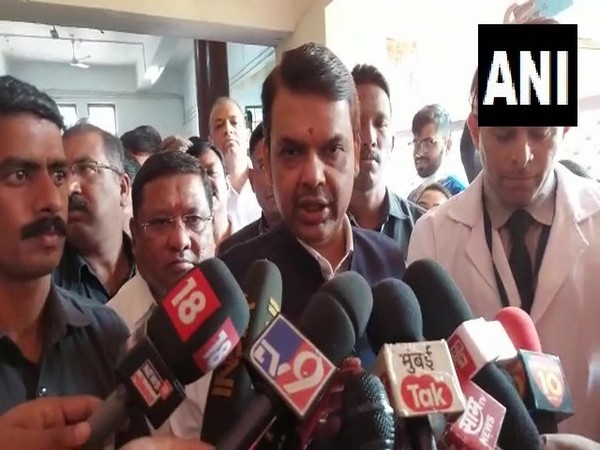The Bombay presidency in the British colonial era covered the Sindh province now in Pakistan, Gujarat and Maharashtra, and Aden in Yemen across the Arabian Sea. The Bombay city, now renamed Mumbai, was and remains, Urb Prima Indis, India’s premier city. But it has changed in the last half a century from being the industrial hub to essentially becoming corporate India’s capital.
To shutter down the industry, especially the sprawling textile mills and weaken the stranglehold of the trade unions headed by communists and socialists, some working-class leaders who actually worked for the employers were promoted. Billions were made from the prime land on which the closed mills stood. Bombay heralded the capitalist order that predominates India today. The corporate sector quietly collaborated when influential sections of the Congress which ruled the state (province) midwifed the Shiv Sena.
Politically and socially, the change was waiting to happen. An angry cartoonist whom South Indian newspaper editors would not take seriously first launched a cartoon magazine and then the Sena. It targeted the ‘outsiders’ in Bombay. Balasaheb Thackeray became the city’s most powerful man.
He rallied the “Marathi Manoos”, the Marathi-speaking people feeling neglected in the cosmopolitan city. He could bring the city to its knees at will. Of those critical of his ways, he would say: “Choke the nose — the mouth will open.” The pipe-smoking, beer-drinking (in Maharashtra under Prohibition) Thackeray ruled Bombay without contesting an election or travelling out of the state. His tough talk and strong-arm tactics sufficed. The communists faded and the socialists turned collaborators.
The Sena emerged as Bombay’s power centre in 1985 when it swept the elections to BrihanMumbai Municipal Corporation (BMC), now the world’s richest civic body. It is the source of strength to whoever rules it – and India, with many corporate headquarters located there.
For two decades, however, Thackeray’s sway was limited to the city and neighbouring Thane. In 1989, the Sena jumped onto the ‘Hindutva’ bandwagon. Indeed, it took the lead in the 1992 demolition of the Babri Masjid in distant Ayodhya. Thackeray was now the “Hindu Hridaya Samrat” a Hindutva mascot and the oldest ally of the surging Bharatiya Janata Party (BJP).
Soon, Sena reached parliament and wrested control of Maharashtra. Thackeray, famously and by his own admission, ruled by using the “remote control”. It mattered little who was the chief minister. Along the way, he built his clan of influential members who controlled trade and trade unions and Bombay’s film industry.
He chose Uddhav as his successor, not his more ambitious nephew Raj, who looked and talked tough like him. When Raj quit, that was the first split in the family. Many say that in anointing his mild-mannered son Uddhav, Balasaheb had divested the Sena of its rough-and-remote nativist USP.
Used to political dominance, Sena felt entitled to lead any coalition in Maharashtra. The late BJP strategist Pramod Mahajan is credited with the thought of what Sena would do if and when it loses that prime position. That began in 2014 when BJP’s Devendra Fadnavis became the chief minister. In 2019, the BJP, well entrenched in power in New Delhi tried but failed to retain Maharashtra. Uddhav left the BJP-led alliance and won the day. But he had to change sides. Co-habiting with Sena’s traditional rivals, the Congress and the Sharad Pawar-led Nationalist Congress Party (NCP) and matching their secular professions meant Sena losing the ‘Hindutva’ card.
ALSO READ: Has Congress Learnt Any Lessons From Maha Rout?
Maharashtra is too precious to be lost. With patience, the BJP combined salami tactics in the last three years with the classical “saam-daam-dand-bhed” — persuade, purchase, punish, and exploit the opponent’s weakness. The Sena was split in 2022 and Eknath Shinde, hardly known outside Maharashtra, ousted Uddhav. A year later, the NCP also split.
The underlying factor has been the family ties that matter in Maharashtra’s quasi-feudal politics. With Uddhav promoting son Aditya, the likes of Shinde had no future, just the way Pawar’s nephew Ajit saw his uncle promoting daughter Supriya Sule.
With the baton virtually snatched by the younger generation, this is the end of the political road for ailing octogenarian Sharad Pawar. No matter which party he led, he is the last of the quintessential Congressmen who once held promise for the nation’s top job. With nephew Ajit becoming the deputy chief minister for the record sixth time, the uncle goes the way many of his peers have as the Congress yields ground to the BJP and regional parties.
What of the Sena? Ironically, its fall coincides with that of the Congress that nurtured it and has done badly, yet again. The report that outgoing Shinde pleaded with the BJP to be made the chief minister for at least six months to refurbish his image, if true, indicates the fall Sena has suffered. His prevarication for 11 days before conceding makes his victory Pyrrhic. The rough-hewn Shinde, despite the meteoric rise, his financial largess, and instincts of an ace poker player, lacks the personality cult of the Thackerays that has dominated the idea of the Shiv Sena. His rival Uddhav is also no Balasaheb. Both may depend upon their sons to keep the respective flocks together.
The political dictum, especially in India, is that parties do not easily wither away. But this election has given the BJP a landslide victory and the losers may find their cadres trooping to it.
The man to watch is Chief Minister Devendra Fadnavis, young at 54. He enjoys the support of the Rashtriya Swayamsevak Sangh (RSS), the BJP’s ideological mentor which has nurtured him lifelong.
He accepted the BJP national leadership’s diktat and the deputy chief minister’s position under Shinde. Understandably sore, he did not rebel as any other politician in his place would have. He lived down that ignominy and worse when the BJP fared badly in the parliamentary polls in June.
When Fadnavis proclaimed himself as the modern-day “Abhimanyu’ who could break any Chakravyuha, many thought it was bravado. But he proved that he was BJP’s best and the only bet. He also retained the position as the principal lynchpin of BJP’s Maharashtra strategy.
The Adani conglomerate has been assigned the redevelopment of Dharavi, Asia’s ill-reputed biggest slum. The opposition’s Ambani-Adani bashing did not work. Bollywood stars – the two are intrinsically linked – at the swearing-in ceremony of Team Fadanvis is a good indicator. When it comes to Bombay/Mumbai, Maharashtra and even India, given the present times, the last word has to be about the corporate worldview.



